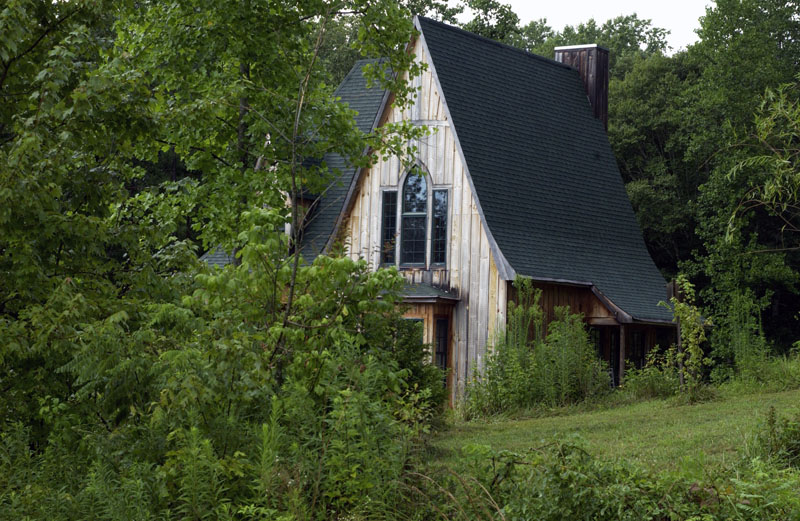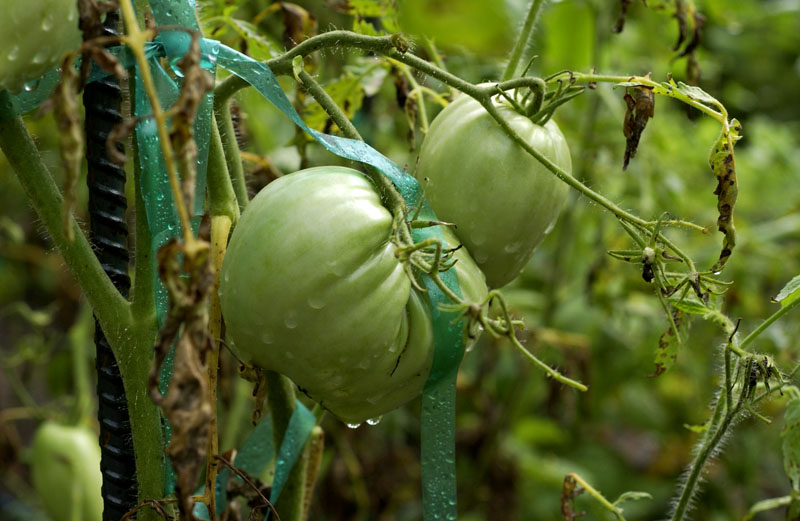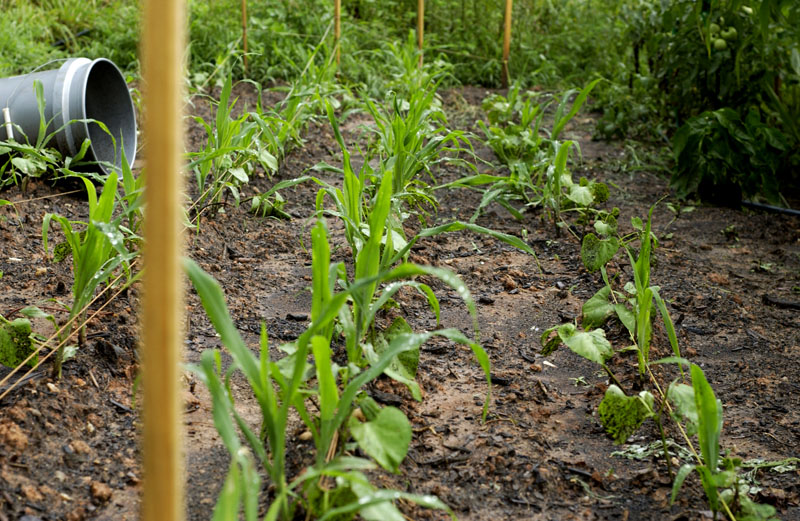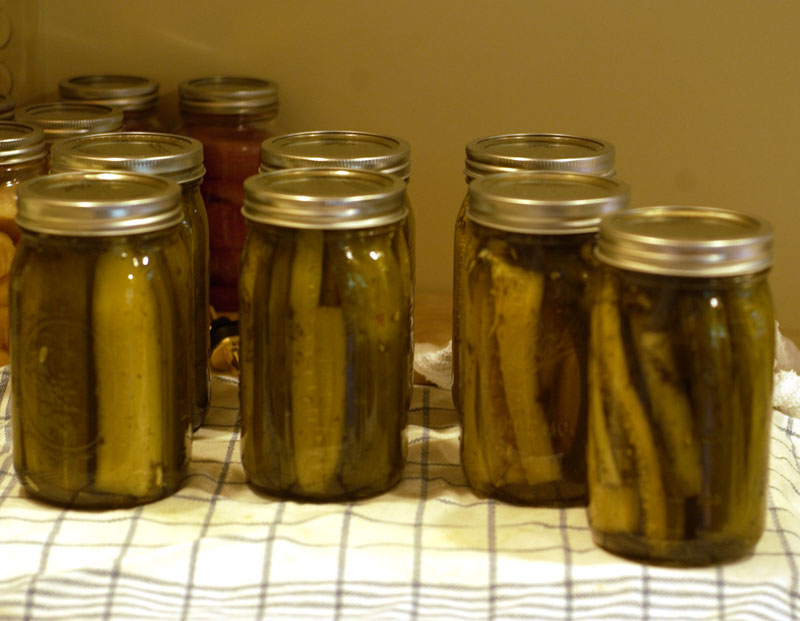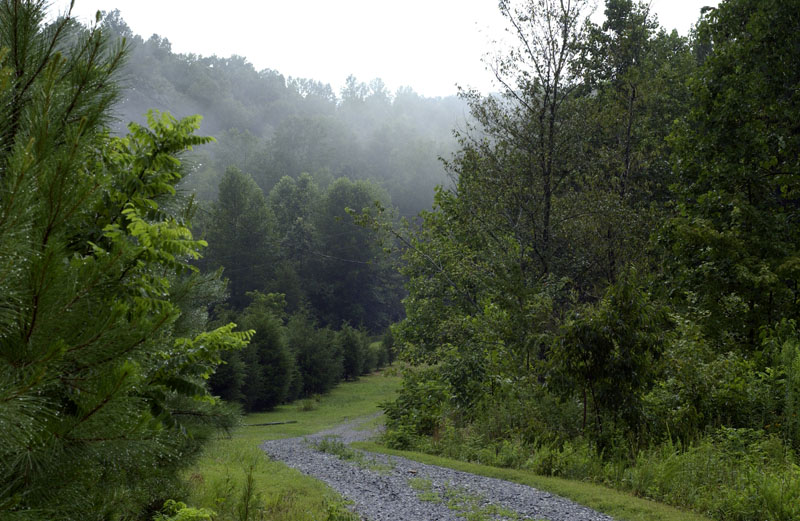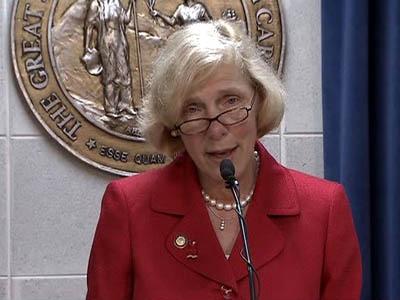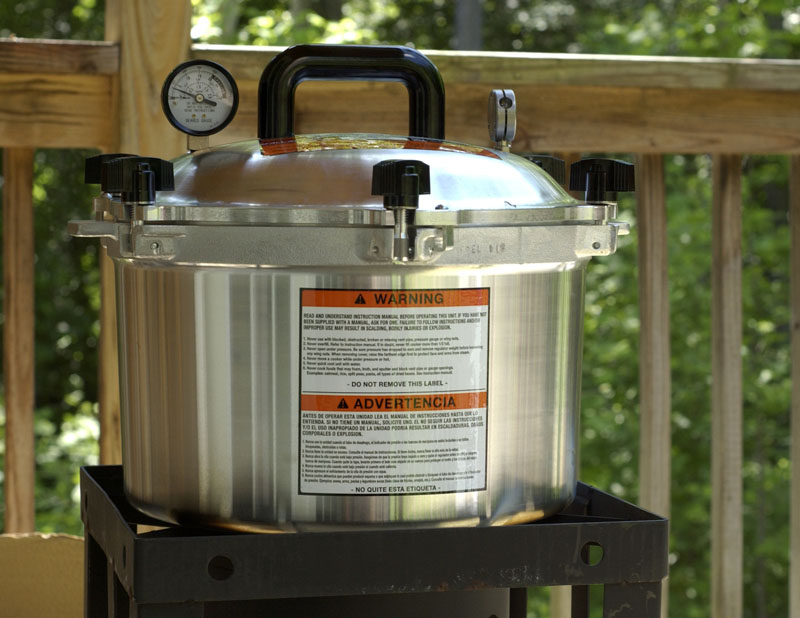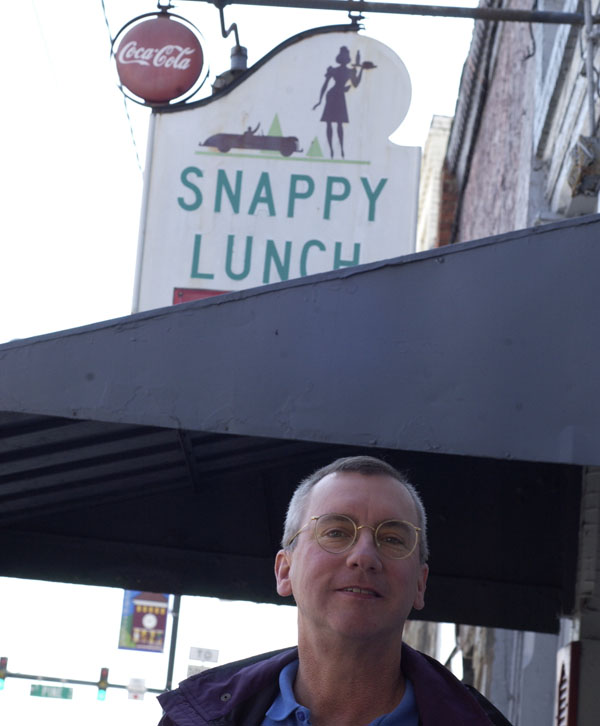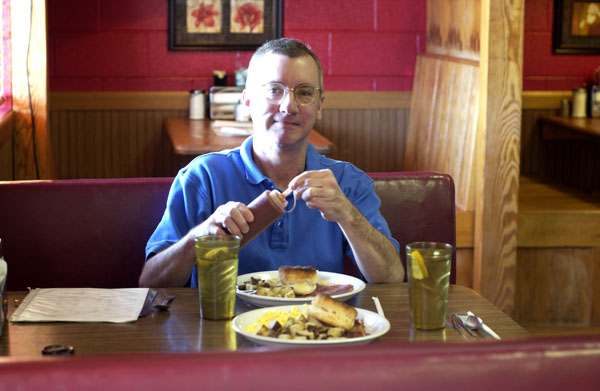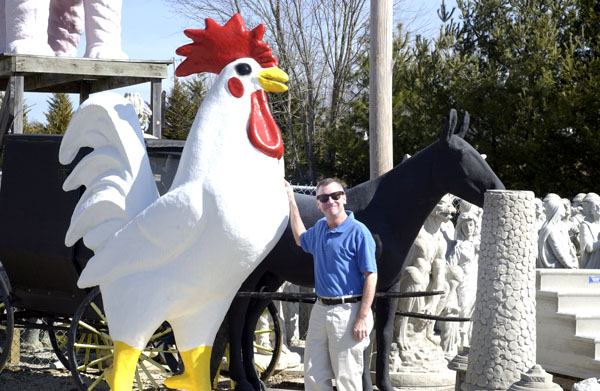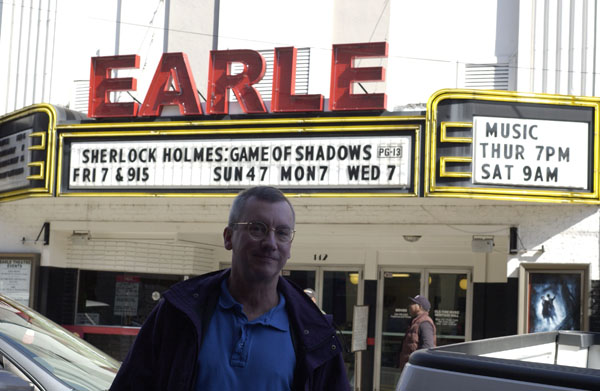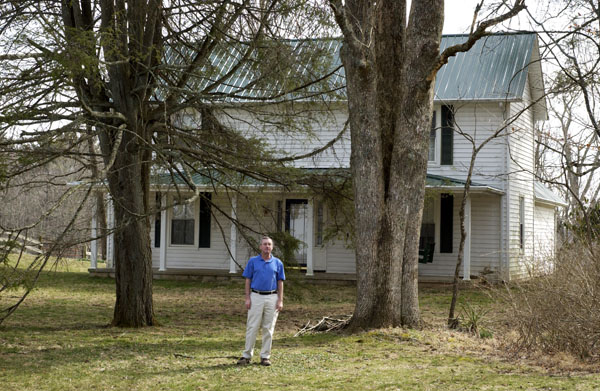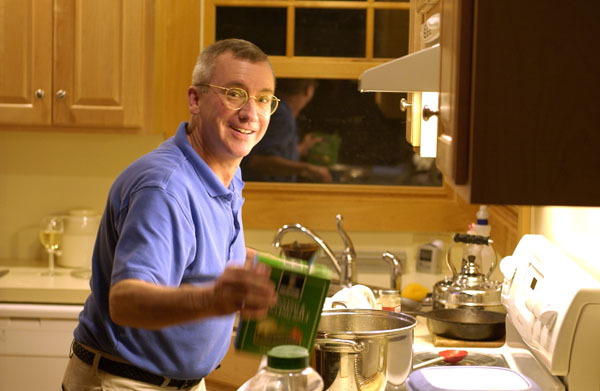
Projected change in summer rainfall by 2080-2099. See link below to full chart.
Is it surprising that servants of the oil industry continue to deny climate change, even though they aren’t really fooling anybody? A poll last year found that 83 percent of Americans believe the world is warming, including 72 percent of Republicans.
But ask the farmers. They know. Just recently I overheard a group of elderly Stokes County farmers talking about what they used to be able to grow that they can’t grow any longer. In Canada, some polls have found that only 2 percent of the population deny climate change.
But the propaganda is getting results. Some polls have found a slight rise in climate-change denial in recent years. But the most important thing the propaganda accomplishes is shutting down any hope of our having a national conversation about climate change, and doing anything about it. And of course that is their goal.
Meanwhile, as Washington fiddles while the heartland burns, we must each think about our own water security. One of the reasons I gave up on the idea of retiring in California is that the future of water in California looks terrible, particularly to the south of the San Francisco Bay Area.
Here is a link to a chart showing expected changes in rainfall, by season, for the entire country.
Lucky for me, northwest North Carolina appears to be in a bit of a sweet spot. It’s not far enough south to be at high risk of dryer winters and springs. In the summer, it appears that it’s beneficial to be east of the spine of the Appalachian chain. Fall on the east coast is little changed from today’s normal. The models I checked before deciding to buy land in northwest North Carolina showed a slight increase in expected future rainfall, from about 44 inches per year to 46 inches per year.
However, as I have mentioned many times in the past, the summers of 2009, 2010, and 2011 were terrible. In retrospect, I believe — or at least hope — that this was because of an unusual persistence of La Niña. This summer, La Niña is gone. What a difference it makes.
Last September 1, I started keeping very careful rainfall records using a gauge on the back deck. As of midnight last night, I’ve now collected exactly one year’s worth of data. The total comes to 54.5 inches. This is a stunning amount of rain. It probably is never going to get any better than this.
Here are the totals by month:
September 2011: 6.03
October 2011: 3.35
November 2011: 5.35
December 2011: 3.20
January 2012: 2.10
February 2012: 2.15
March 2012: 3.95
April 2012: 2.50
May 2012: 6.65
June 2012: 5.15
July 2012: 6.01
August 2012: 8.10
I have never seen such lushness here. The abbey is surrounded by green. All the young trees have grown like crazy this year. I have a certain amount of survivor’s guilt, because America’s agricultural heartland has been scorched this summer. That may be the new normal. Maybe for winter wheat it won’t be so bad. But the future of corn is not looking good.
Speaking of corn, a few months ago, 25 pounds of chicken feed (which is only partly corn) cost $6.50 a bag at my local mill. It has risen steadily all summer. Yesterday I paid $8. Though the corn in my chicken feed is local corn, commodity prices are global.



